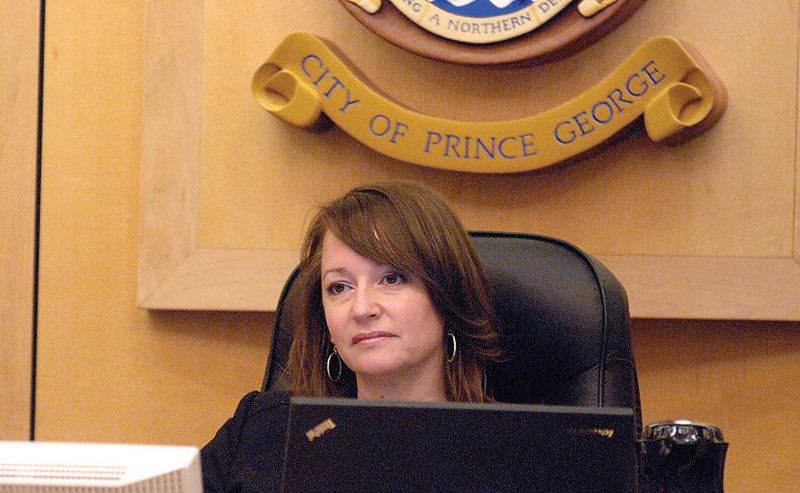Even as they voted to disband their core services review committee Monday night, not every member of council was convinced they got the best bang for their buck.
And the main question remains - just how much money will the city have saved once all plans are put into place?
According to the city's core services review implementation plan approved July 2013, there's a projected $58 million worth of accumulated financial impact for the city by 2016. This is made up of annual revenue generation, one-time savings or costs, as well as cost avoidance.
"The fee increases, safe to say probably bump that total right up," said Coun. Brian Skakun, who was looking for information on how much fee increases actually factored into that multi-million dollar projection.
"The challenge I do have is that I don't see a fee increase as a success necessarily. Does that mean the core review is a success because we had the big fee increases?" Skakun asked. "In part, I don't think it was. There's a lot of work that went into it but in the end I just see mainly the thing that happened [was] we just increased fees for a number of things."
According to calculations by The Citizen, users fees including animal impound charges, criminal record checks, sports fields, aquatics, arena rentals, parking, business licences fees, Civic Centre rental and fees that may not necessarily be paid by the average taxpayer such as hydrant user and road cut fees and and planning and development services professional fees amount to almost 10 per cent of the projected 2016 accumulated financial impact.
However, that number also takes into account decisions that have since been rolled back or delayed, such as off-street parking rates (increases have since been phased in) and on-street parking (a pay system with an hourly rate has since been rejected).
Coun. Frank Everitt has also recently submitted a notice of motion to discuss taking back the agreed-upon establishment of a business licence fee for residential rental properties, which amounts to $690,000.
Also feeding in to that $58 million figure is the increases to utility bills that council approved back in 2012, outside of the core review. That amounts to nearly 70 per cent of the accumulated total in 2016 and 75 per cent of 2014's annual impact.
The actual accumulated 2016 figure is said to be closer to $57 million, due to those changes council has made.
City staff will be tracking the various categories of the core review and after the first year of implementation is wrapped, bring new number back to council so they can see where the savings are coming from, said city manager Beth James.
The core services review was controversial, acknowledged Coun. Albert Koehler - who sat on the committee with Mayor Shari Green, and councillors Everitt and Cameron Stolz - but said there's nothing wrong with looking at places to save money instead of raising taxes.
The conversation surrounding the core review isn't going to die down any time soon, said Everitt.
"And we'll have to stand up and take those discussions on as they come, but core review has left us focused on how we do business in the future and I think that's the win out of this thing," he said. "Not whether or not we spent too much money on the core review this time or whether we're going to get $57 million, if we stay focused on what we're going to do in the future that's where the city will benefit."
The project should be seen as a way of doing business going forward, said James, and that senior staff are developing a continuous improvement program that will bring items to council for review every year that look at best value for taxpayers.
"Certainly, love it or hate it, the core review was a necessary exercise. In my opinion, certainly something I committed when I campaigned to be mayor that I thought we needed to do as a community," said Green. "A lot of people agreed with that, including just about everyone around this table and it was a unanimous undertaking to do the work."
The city paid $350,000 to consultant firm KPMG for the review, which former city manager Derek Bates recommended be done by a third party. KPMG submitted the only bid for the project.
"And whether we liked their result or not it's what we had," said Green, who went on to say the review consisted of "a lot of hard work from staff, a lot of conversations and some hand wringing from a few people, certainly, on what it might mean as a community."
Following James' arrival to the city last May, the core review project was kicked into another gear as senior staff were pulled together to review and essentially rewrite KPMG's final report.
"So I'm appreciative of that," said Green, noting it made staff share ownership of the review. "And we could-a, would-a, should-a about a lot of things that we do but this is where we are today."



